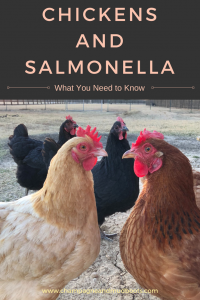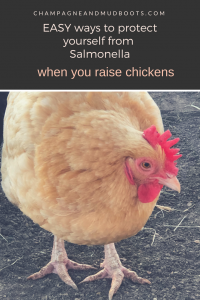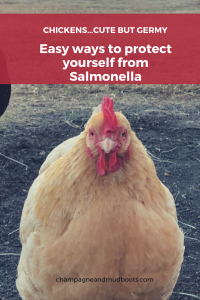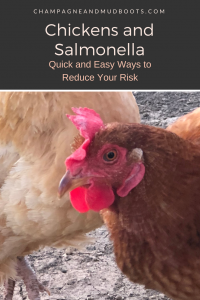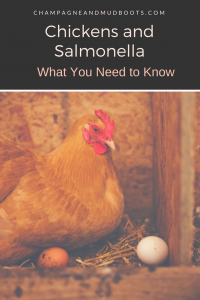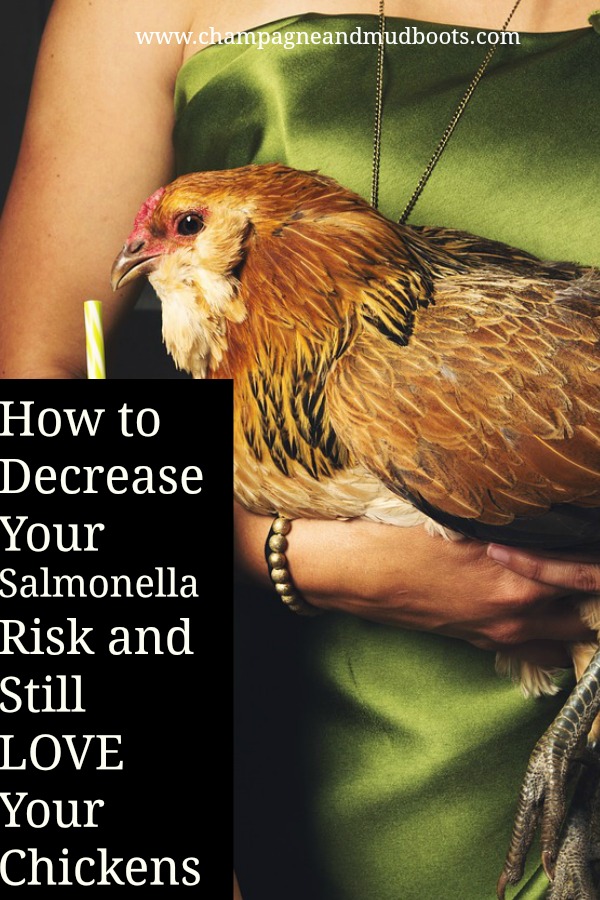The real title of this blog post is Wash Your Hands Because Chickens are Cute but Salmonella is the $h1t!!!! However, I thought it might be a little risqué for some marketing purposes. Therefore, I give you How to Raise Chickens and Avoid Salmonella Contamination.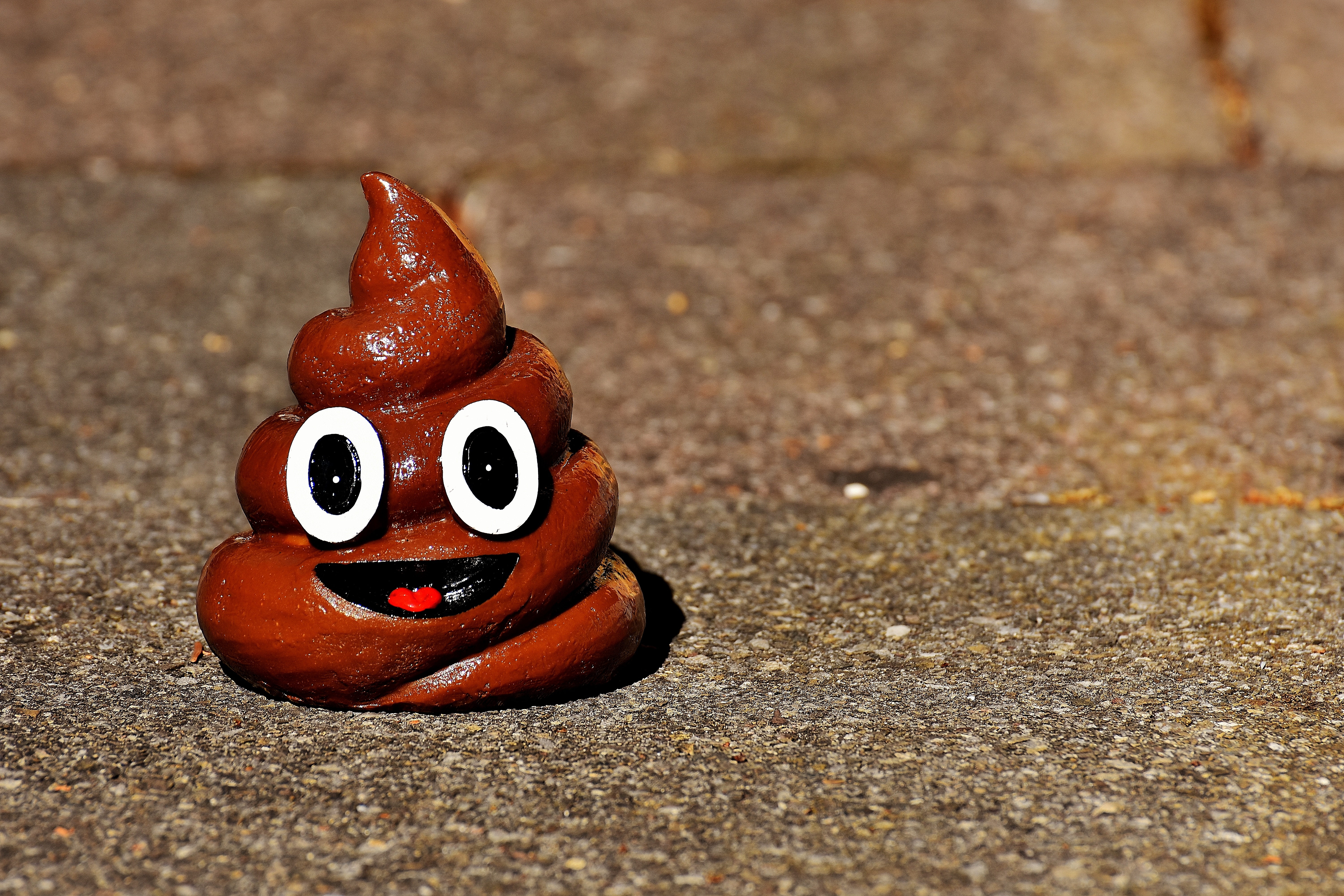
Keeping chickens has been tons of fun so I certainly don’t want to dissuade anyone from the chicken keeping lifestyle. However, the veterinarian in me can’t get past some of the pictures of kids kissing and holding chickens without thinking about the zoonotic potential for disease.
A Zoo-what’s-it you might say?
I’m so glad you asked! Zoonotic diseases are the kinds of diseases that are spread between people and animals. Think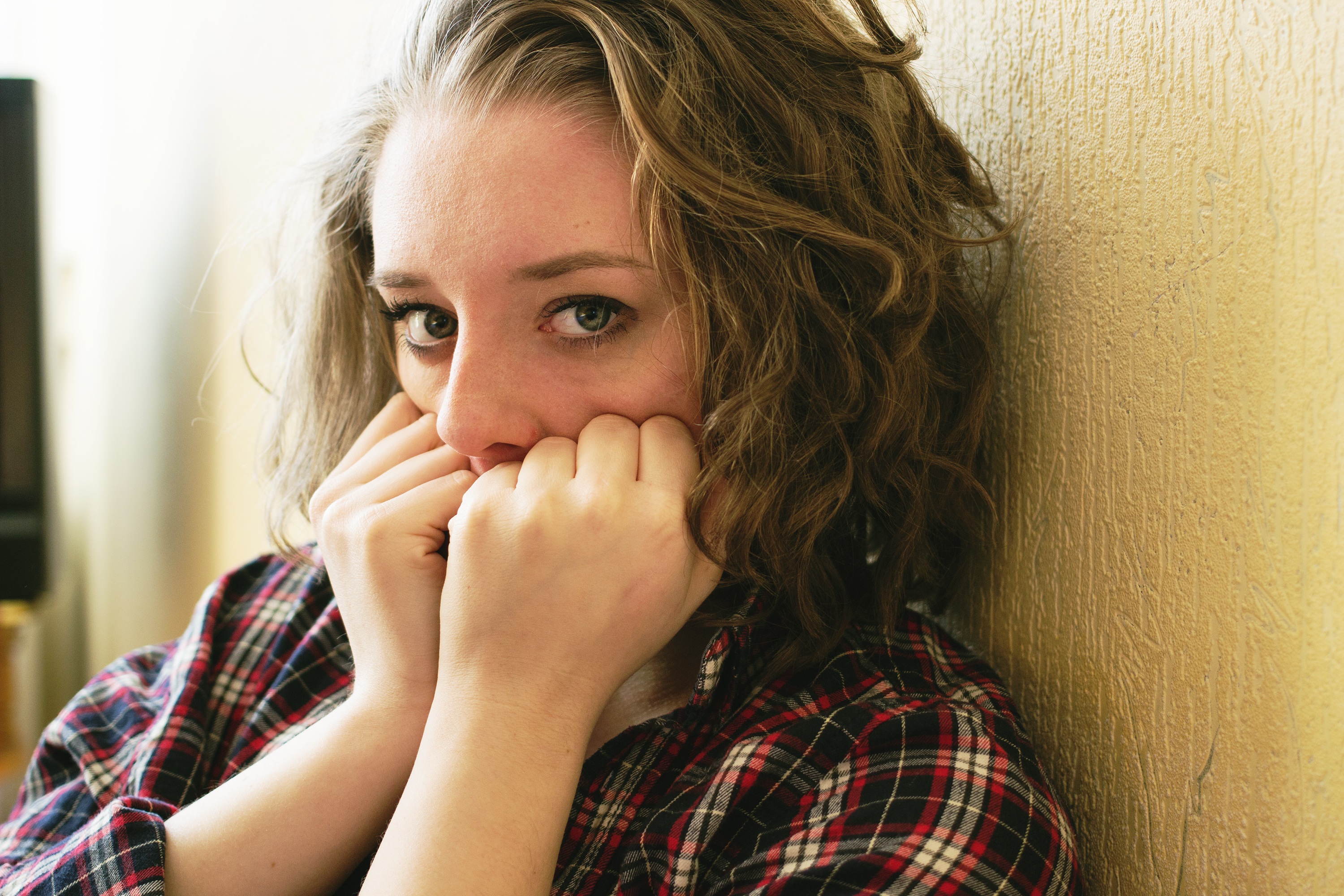 things like Salmonella, rabies, the plague, leptospirosis, etc. Yikes, scary stuff! I’m trying not to be too dark with this post but zoonosis has some real baddies in it. It is wise for us to put our best efforts forward to avoid them.
things like Salmonella, rabies, the plague, leptospirosis, etc. Yikes, scary stuff! I’m trying not to be too dark with this post but zoonosis has some real baddies in it. It is wise for us to put our best efforts forward to avoid them.
Also, as my husband can attest, I can veer off into the gross and graphic without batting an eye leaving the non-veterinary people around me gagging so I’ll try to keep it relatively low key and not too gross from here on out.
Chickens, like reptiles, can be carriers of Salmonella. Salmonella is what got all those little pet turtles banned from pet stores years ago. It’s most commonly spread through fecal matter. Remember this includes both the fecal material where it lands and you see it, as well as any microscopic hints of it that end up on the feathers. (side bar: Cats and Dogs fed raw diets also are more likely to shed salmonella in their feces so even if they aren’t having gi issues secondary to it they can more easily transmit it to people)
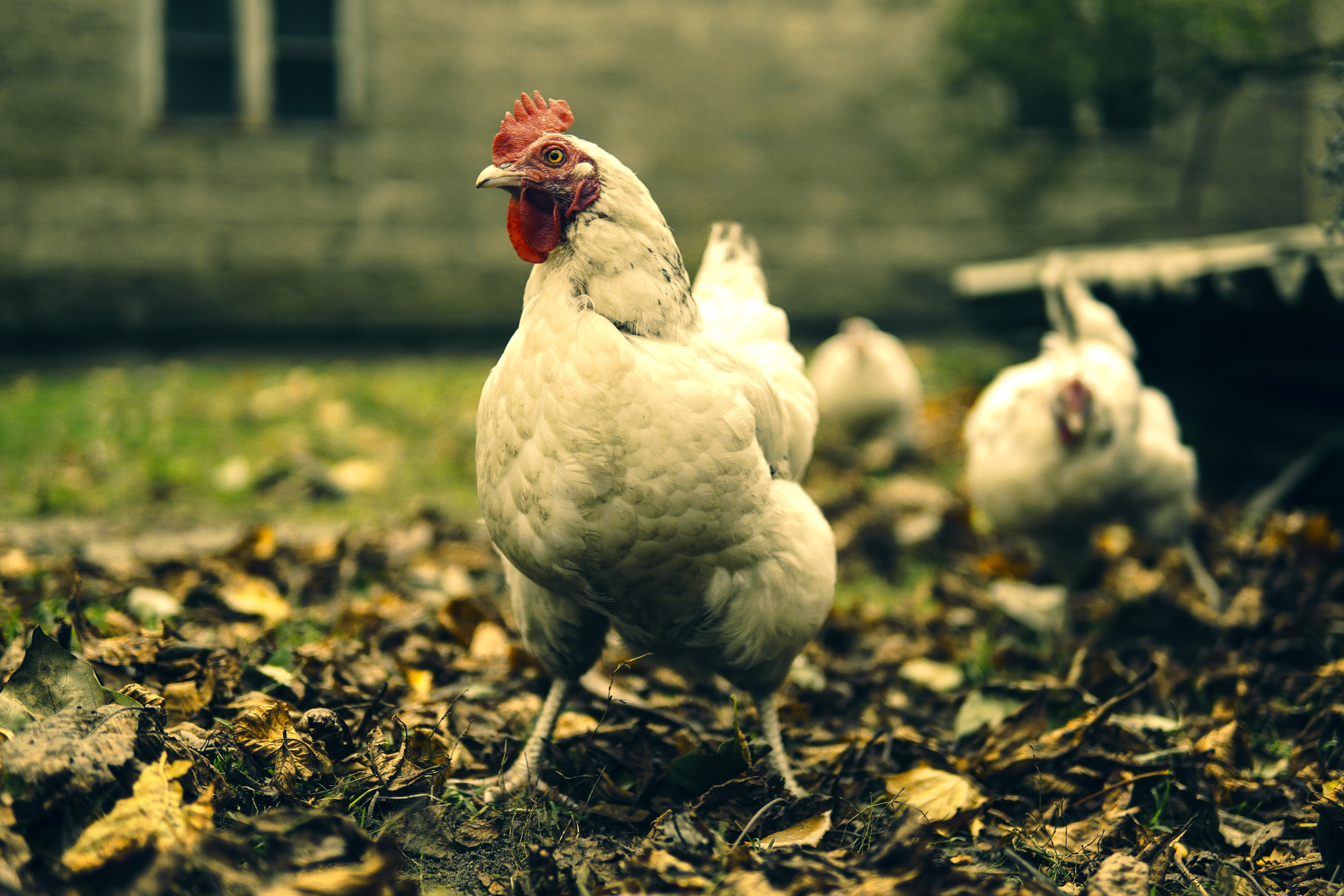
If you’ve ever watched chickens you’ll know they poop EVERYWHERE like if a chicken has been there it’s probably pooped there! This provides multiple opportunities for bacteria to be spread around the farm or backyard. It can survive in the soil for long periods of time and chickens can also carry Salmonella in their reproductive tracts and can infect eggs before they are even laid outside the hen! Hence the need to thoroughly cook your eggs.
Chickens can look perfectly healthy and yet still be carriers of salmonella. I think this is part of what lulls us into a false sense of security since the birds give no outward signs of illness.
Now I know what you may be thinking, people have kept chickens for years and people weren’t dropping like flies from salmonella in the olden days. Well, I think this is only partially true.
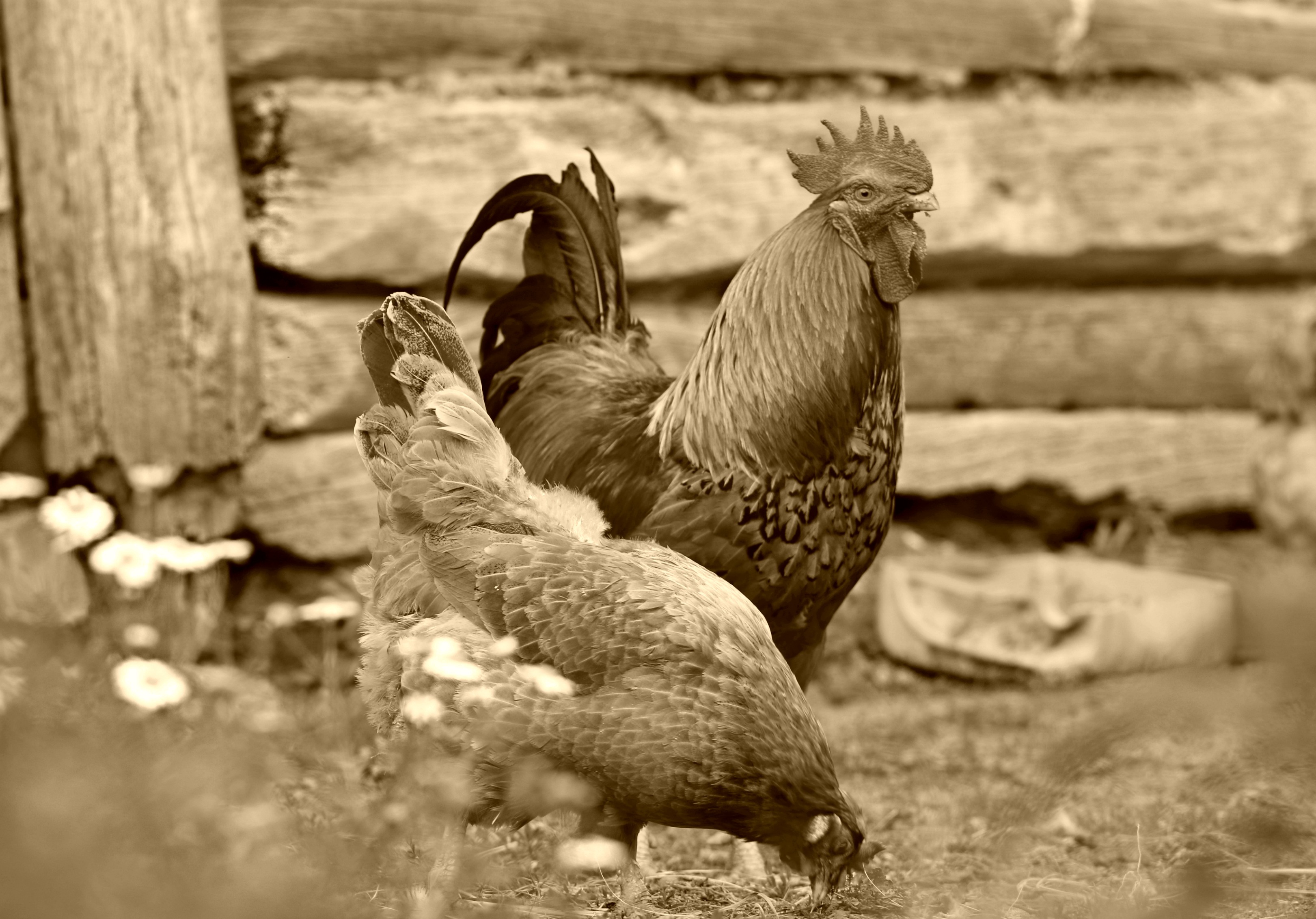
For many of us our great-grandparents might have kept chickens, even if they were in a more suburban location. However, many people younger than 30, unless raised in a rural environment, would have a hard time even finding a living relative who kept backyard chickens. This means that the collective conscious for things such as disease spread via the chickens is much lower.
We have heard all our lives to fully cook eggs and not to eat raw cookie dough, which heaven help me I LOVE me some raw cookie dough! (shhhhh…. Don’t tell the salmonella police or let my kids know that I do it!) 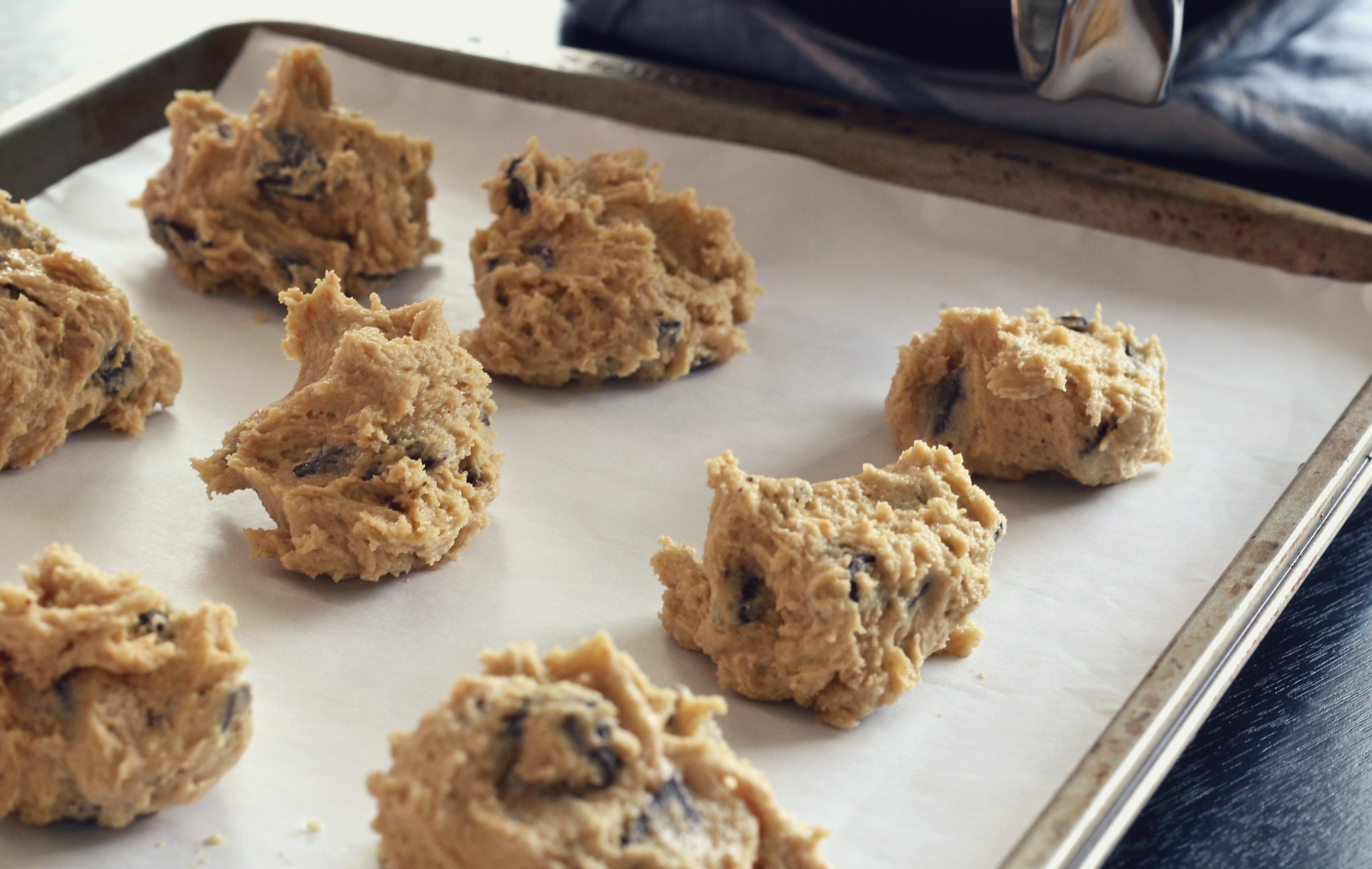 Also, prior to the 1900’s and a greater understanding of bacteria and medicine how often were the chickens blamed if someone got a bad round of diarrhea?
Also, prior to the 1900’s and a greater understanding of bacteria and medicine how often were the chickens blamed if someone got a bad round of diarrhea?
I also believe that the culture shift in how we view chickens as pets and just changing perceptions of pets in general also contribute to higher numbers of people being infected lately. People tend to think of the chickens as pets with benefits, basically a dog that pops breakfast out its butt rather than strictly a utilitarian relationship. More hugs and cuddles and less give me eggs or you end up in the stew pot attitude.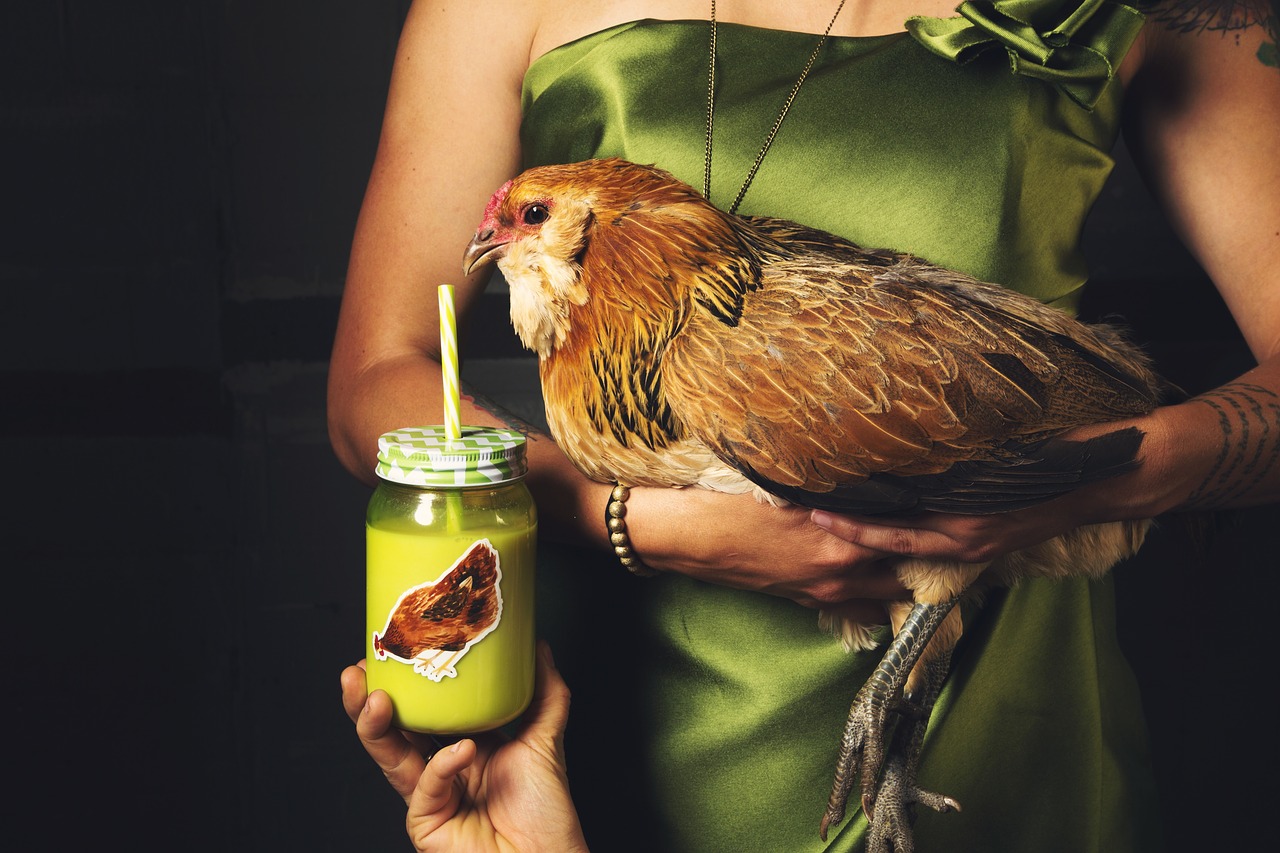
The overall shift in how we view animals is not all bad but we have to remember these tiny feathered T-rexes aren’t dogs and treating them like one has consequences.
Sooooooo without further ado the top tips to prevent Salmonella spread.
1. Wash your hands, wash your hands, wash your hands
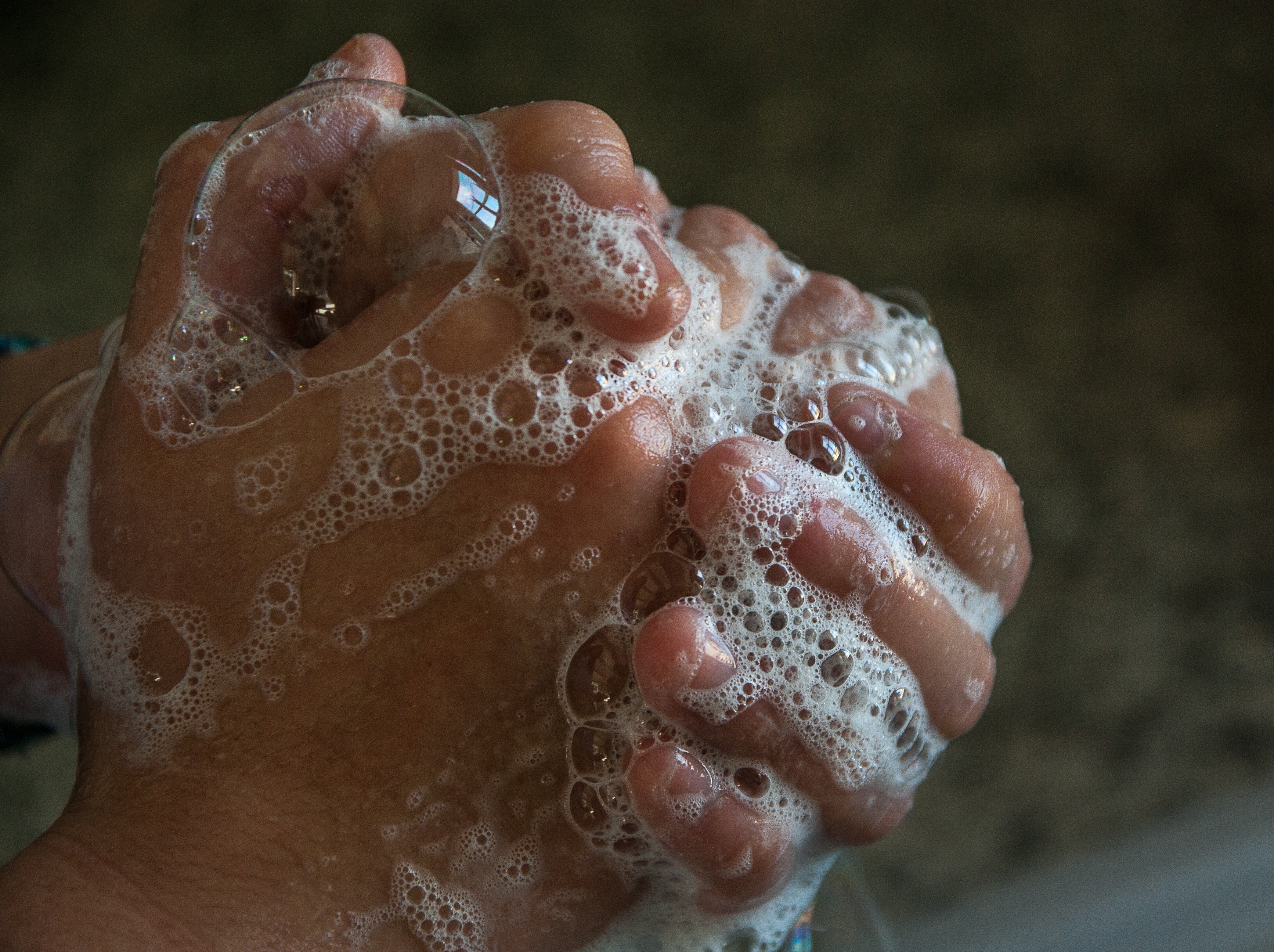
If it touched the chicken and you touched it wash your hands and wash your kids’ hands. We also keep a bottle of hand sanitizer out in the barn to sanitize before even going back to the house to wash up. The little kids just have a really hard time not touching their face so it helps add an extra layer of protection.
2. Keep separate shoes for the chicken/barn area
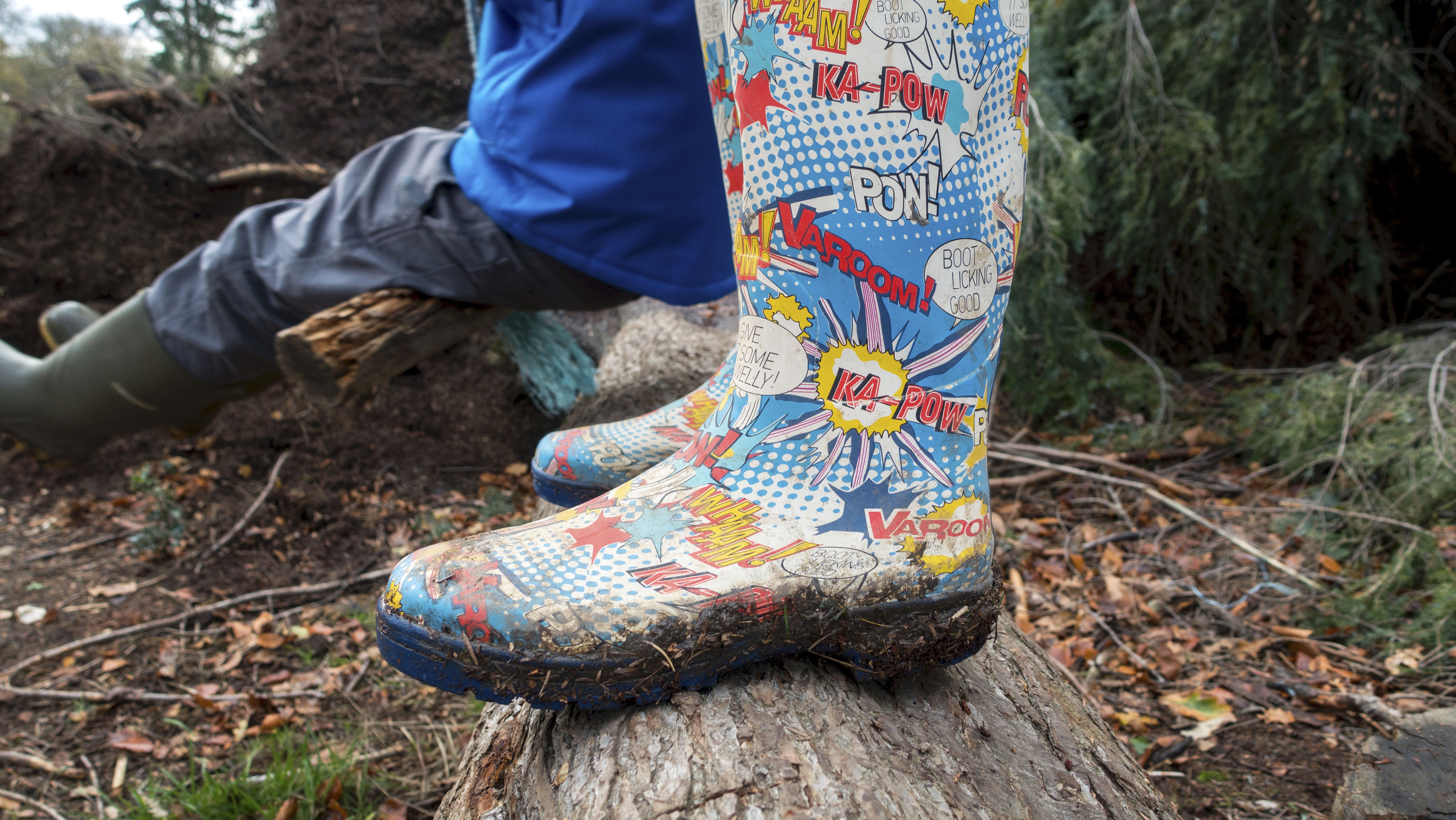
I make the kids take off boots outside or in the mudroom prior to entering the house so we don’t track barn ick all over the house. You might even consider changing clothes if you are having to really handle and pick up the chickens.
3. Keep nest boxes well bedded and checked regularly
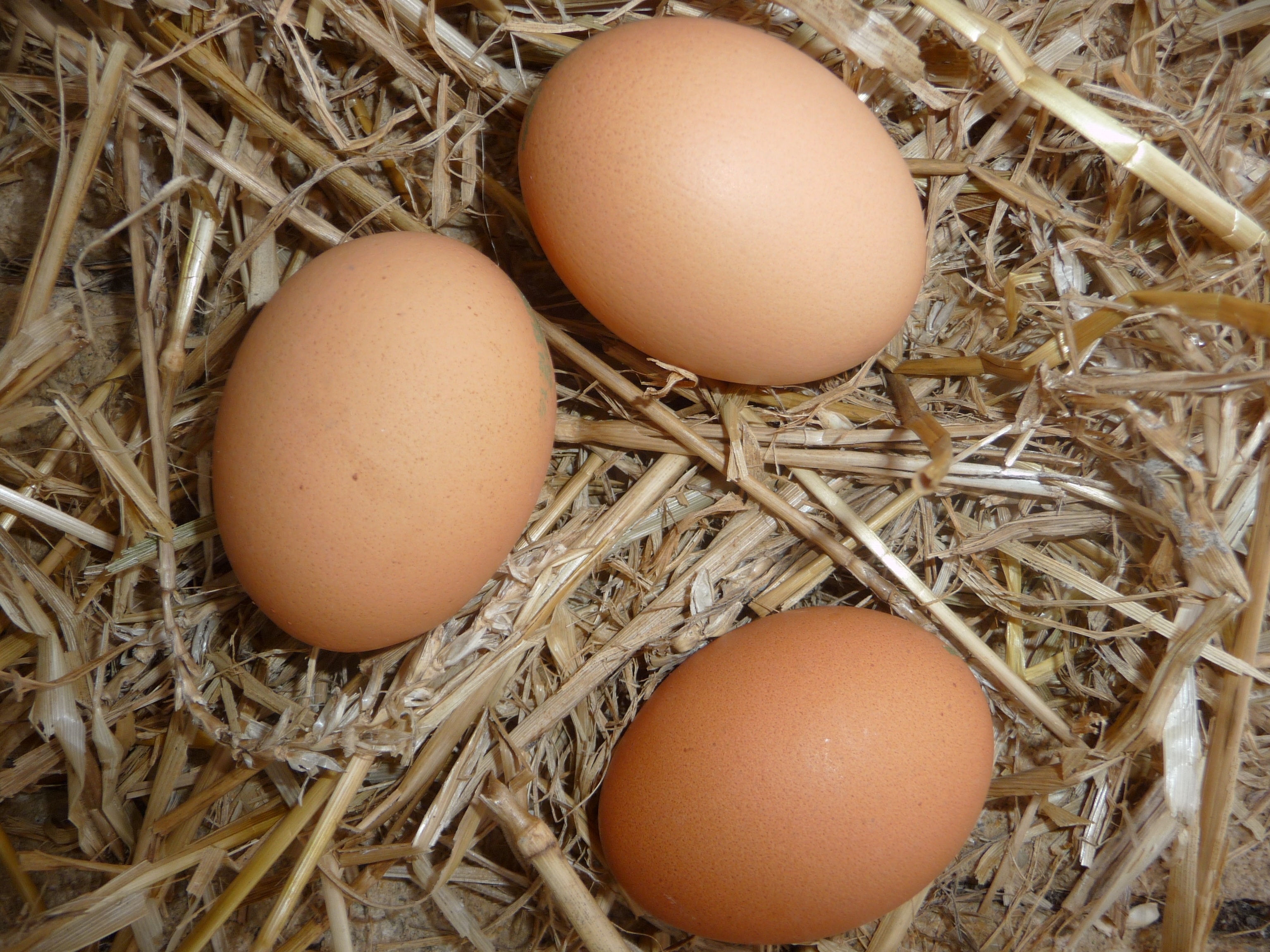
Anything you can do to eliminate fecal material from getting onto the eggs will help.
4. Wash eggs in warm water not cold prior to using
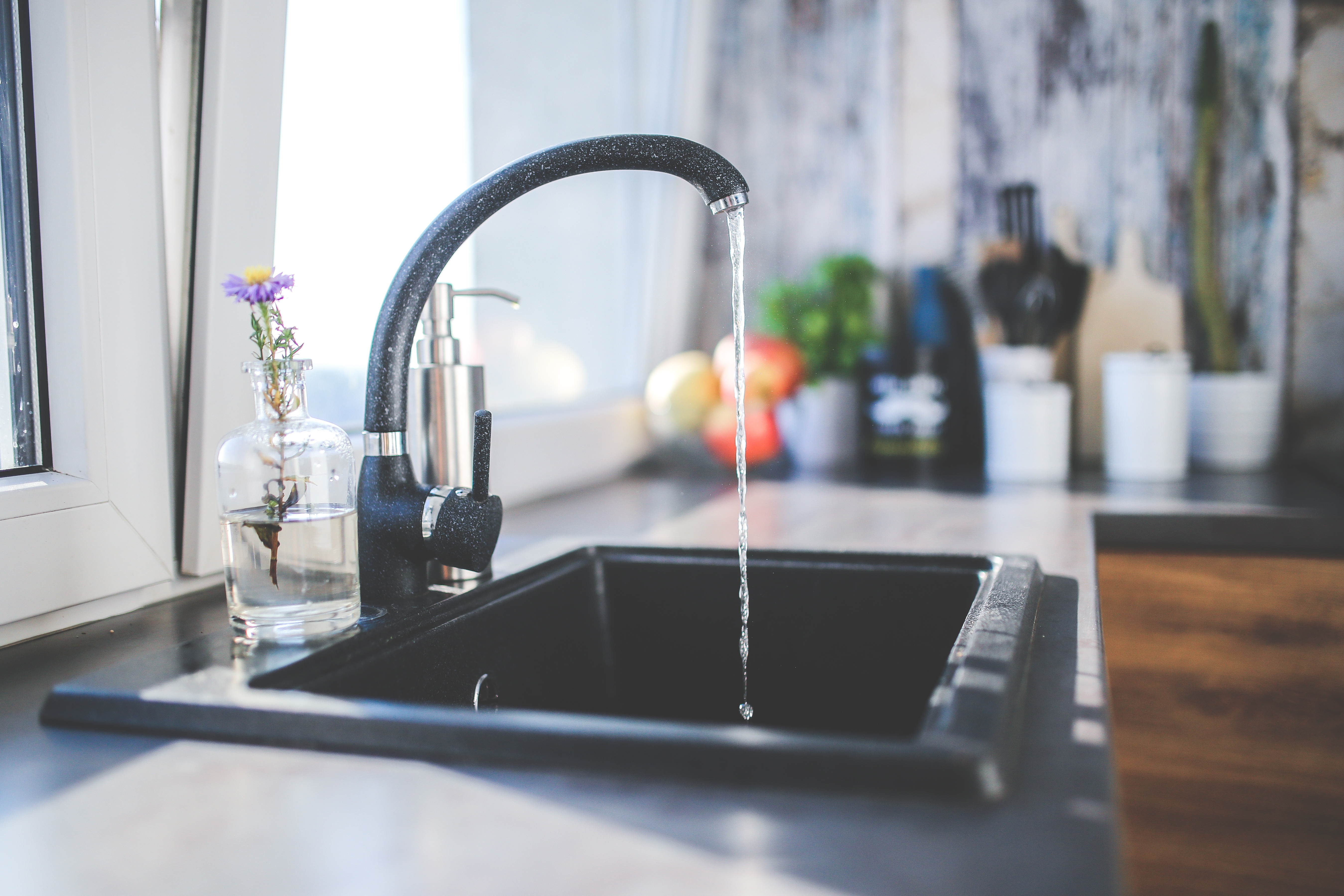
This helps to keep the bacteria from being pushed into the egg from the cold water. Washing removes the protective “bloom” that actually protects the egg from outside bacteria so if you aren’t using immediately after washing it then the washed egg should be stored in the refrigerator.
5. Wear a face mask when scrubbing or cleaning out the coop

This certainly is heightened level of precaution but Salmonella can be transferred into your lungs and cause nasty infections. No one wants chicken poop pneumonia people! So yucky on multiple levels. If you’ve tried to clean a coop before you know how a good gust of wind can blow shavings and feathers and yuck all over including in your face so it’s best to be careful.
6. Do NOT kiss your chickens

I repeat DO NOT pucker up! They are cute and some of them have such delightful personalities but avoid the temptation. You don’t know where that chicken’s been.
7. Do NOT bring chickens inside of the house

Allowing a chicken to roam in your house really is inviting danger into your abode. They can track bacteria into your home and if they don’t directly bring the bacteria on their feathers and feet they will likely poop in the house providing you with plenty of bacteria!
Kissing chickens and letting them come inside are two of the big ways that people get infected with salmonella and both are very preventable.
As I said before, I wouldn’t want to discourage anyone from having chickens. As both a source of food and sheer entertainment value they are great. Just take heed to follow precautions especially if you have younger children or anyone with a compromised immune system dealing with them. Simple precautions can keep you free of both illness and expensive medical bills all while allowing you to have farm raised food.
